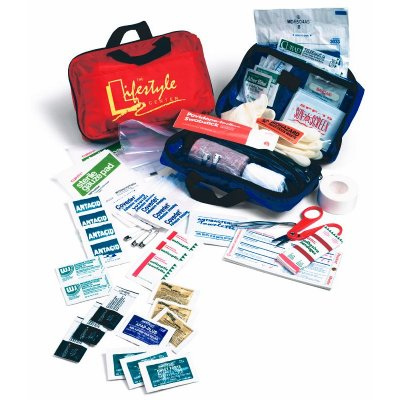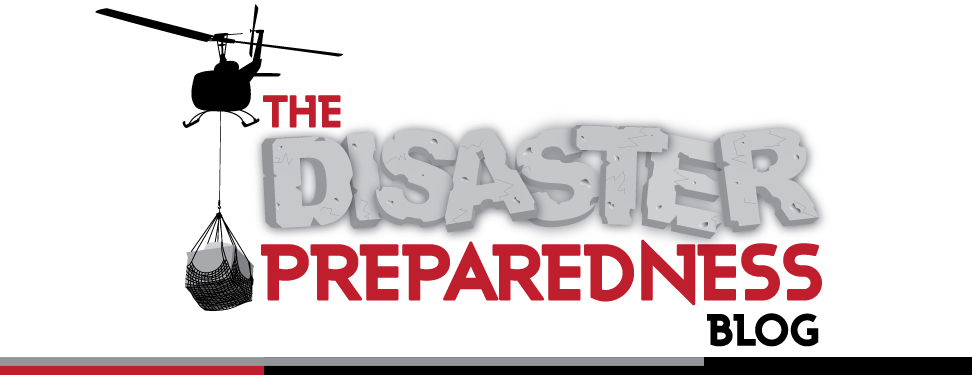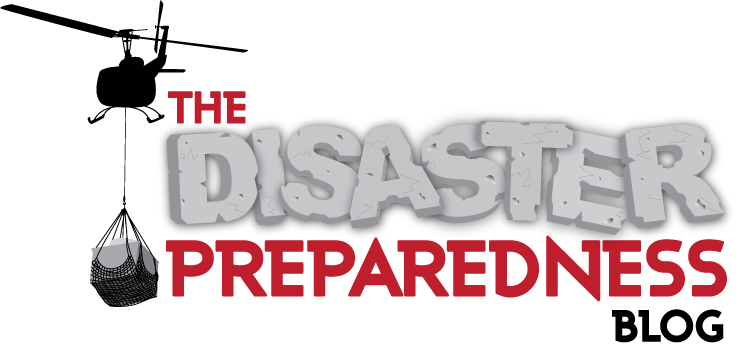
Keeping a First Aid Kit on hand is important and not just for when there is a major disaster.
It is a good idea to keep one available for everyday use. You never know when you or a family member may suffer a burn, cut, or something more severe. Having the proper first aid supplies on hand and in order will help to keep you calm and better enable you to help an injured person.
You also don't need to purchase anything elaborate but for people who would rather not put a kit together themselves you can easily by one from your local drug store, supermarket, or even online.
If you do decide to purchase one, be sure to check it periodically for expired items and restock your kit as you use items.
According to Ready.gov here are some items that you should make sure you have or add to your First Aid Kit:
- Two pairs of Latex, or other sterile gloves (if you are allergic to Latex).
- Sterile dressings to stop bleeding.
- Cleansing agent/soap and antibiotic towelettes to disinfect.
- Antibiotic ointment to prevent infection.
- Burn ointment to prevent infection.
- Adhesive bandages in a variety of sizes.
- Eye wash solution to flush the eyes or as general decontaminant.
- Thermometer
- Prescription medications you take every day such as insulin, heart medicine and asthma inhalers. You should periodically rotate medicines to account for expiration dates.
- Prescribed medical supplies such as glucose and blood pressure monitoring equipment and supplies.
Things it may be good to have:
- Cell Phone
- Scissors
- Tweezers
- Tube of petroleum jelly or other lubricant
Non-prescription drugs:
- Aspirin or nonaspirin pain reliever
- Anti-diarrhea medication
- Antacid (for upset stomach)
- Laxative
You should also consider taking a first aid course from the Red Cross and you can also purchase a pocket guide to first aid such as the one we mentioned and reviewed by Nuru
 Wednesday, February 9, 2011 at 1:35PM | |
Wednesday, February 9, 2011 at 1:35PM | |  Email Article
Email Article 







